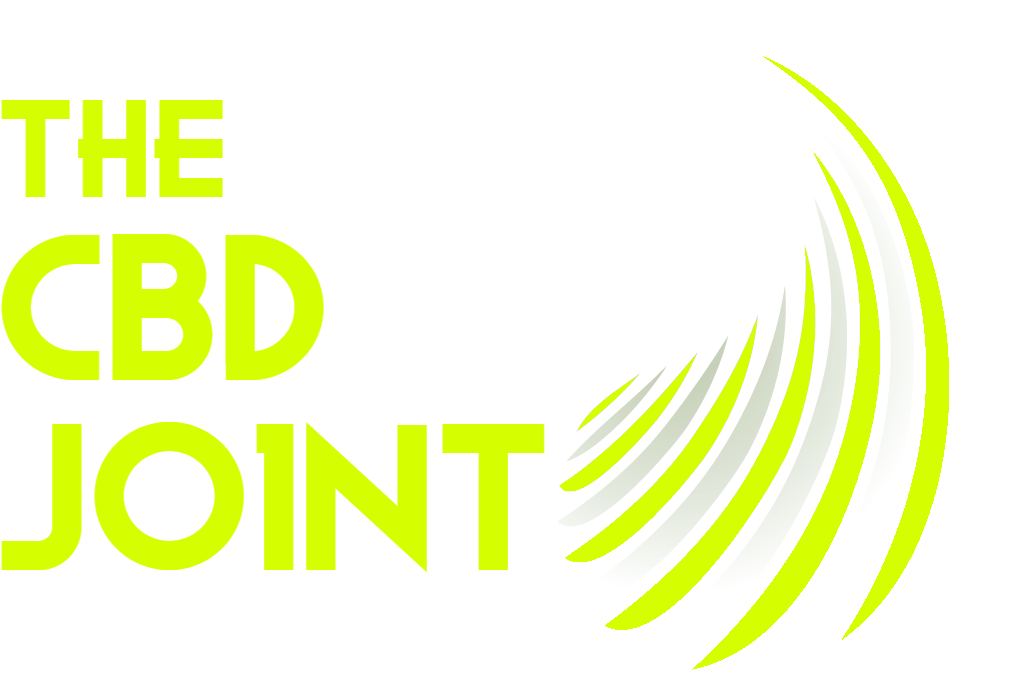Hemp is a variety of the Cannabis sativa plant species that is grown specifically for industrial purposes. Unlike marijuana, another variety of Cannabis sativa, hemp contains very low levels of THC (tetrahydrocannabinol), the psychoactive compound that produces the “high” associated with marijuana use. Instead, hemp is primarily used for its fibers and seeds, which can be used to make a variety of products, including clothing, rope, paper, and food.
Hemp has been cultivated for thousands of years for its fibers, which are among the strongest and most durable natural fibers known to man. Hemp fibers can be used to make clothing, textiles, and industrial products such as ropes and canvas. Hemp seeds are also rich in protein, essential fatty acids, and other nutrients, and can be used to make a variety of foods and dietary supplements.
In recent years, there has been growing interest in the potential therapeutic benefits of hemp-derived CBD (Cannabidiol), a non-intoxicating compound found in the hemp plant. CBD is believed to interact with the body’s endocannabinoid system and may have a range of potential therapeutic uses, including as an anti-inflammatory, analgesic, anxiolytic, and neuroprotective agent.
Hemp cultivation and production is legal in many countries, including the United States, where the 2018 Farm Bill legalized the production of hemp and hemp-derived products containing less than 0.3% THC. However, the legal status of hemp and CBD products can vary depending on the country or state, so it’s important to check local laws and regulations before using or selling these products.
